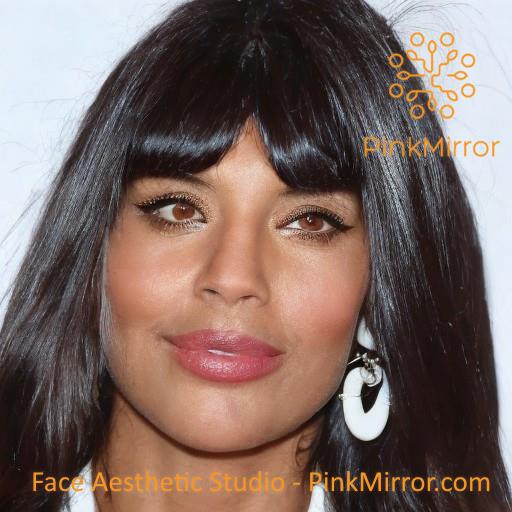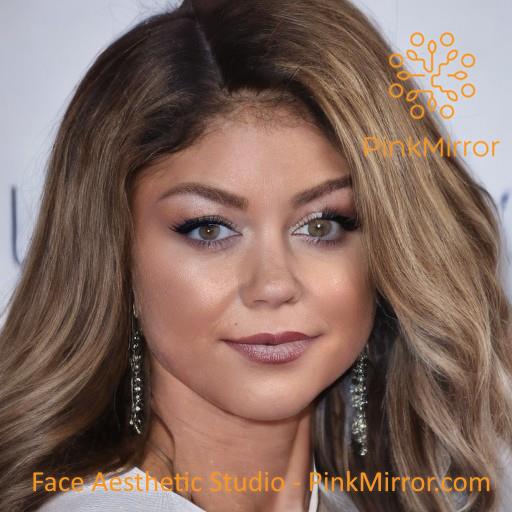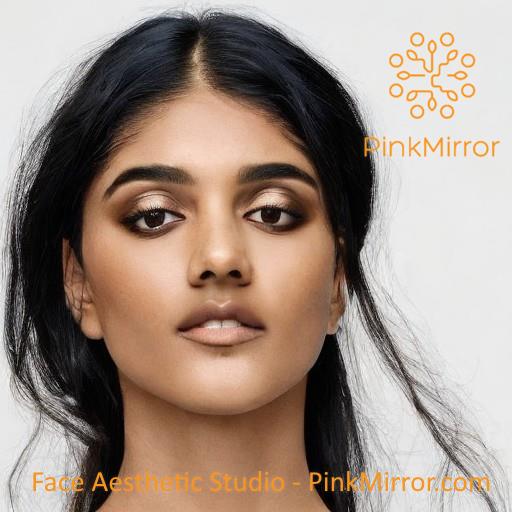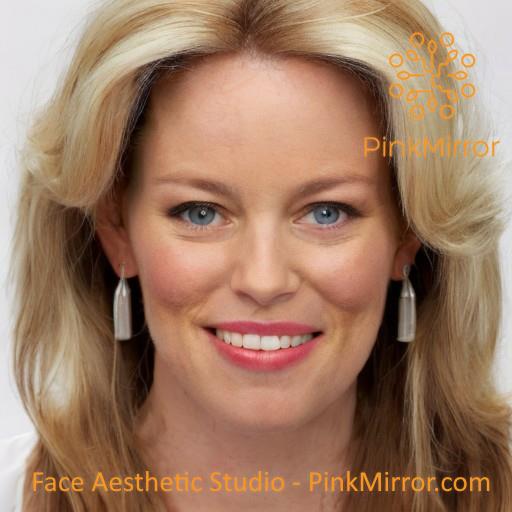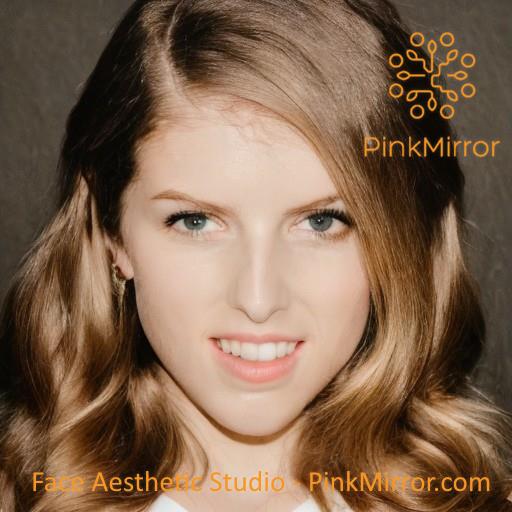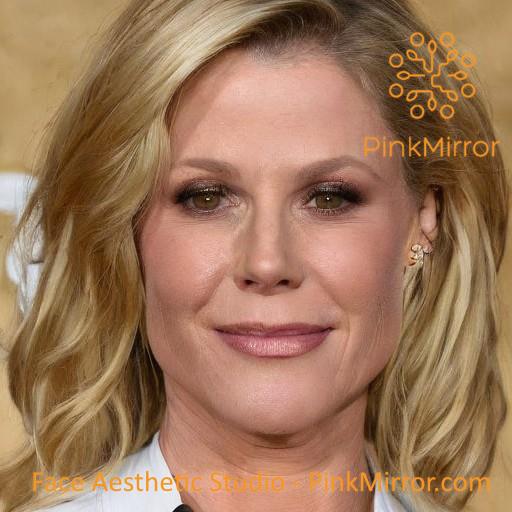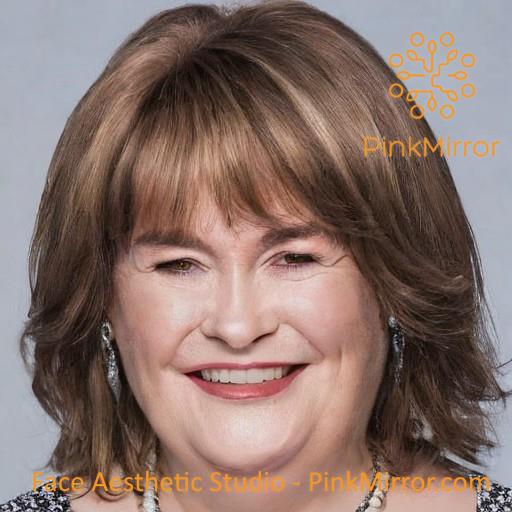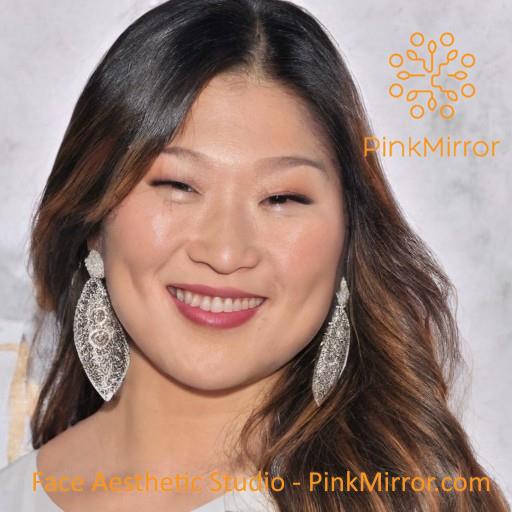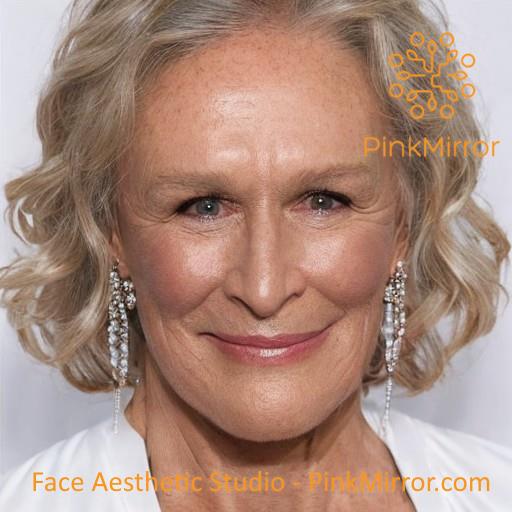Cacee Cobb - Facial Feature - Eye Size
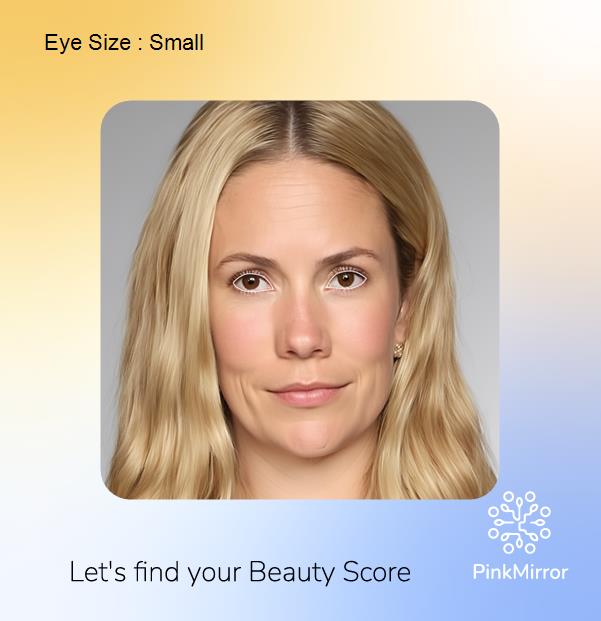
Your eye falls into the Small size category, which is considered a low attractiveness among the three female eye size types. This may not align with the most popular trends right now. Here’s how each category is generally perceived: Large – medium attractiveness, Normal – high attractiveness, Small – low attractiveness. To enhance your attractiveness, consider working towards the Large category. This could potentially increase your beauty score by one point.
- Most Attractive
- Least Attractive
- Your Score
Small Eyes
Proportionally smaller compared to the face. Read more about eye shapes. The size of a woman’s eyes plays a significant role in her perceived attractiveness, supported by extensive research in the fields of psychology and evolutionary biology. Larger eyes are often seen as attractive because they evoke youthfulness and neotenous features, which are evolutionary signals for health and fertility. These traits trigger innate preferences shaped by sexual selection, particularly in male mate choice, as larger eyes can subconsciously evoke protective instincts.
Studies have consistently shown that increasing eye size enhances facial attractiveness, while reducing it has the opposite effect. Wider, rounder eyes and a greater proportion of visible iris contribute positively to a woman’s beauty. Beyond physical appeal, larger eyes are also associated with positive social traits such as honesty, warmth, and competence, making them desirable on multiple levels.
However, attractiveness has limits. Research by Chen et al.on the “uncanny valley” effect reveals that excessively large eyes can elicit discomfort rather than attraction. While slightly larger eyes enhance beauty, disproportionately large eyes can appear unnatural, creating a sense of eeriness that detracts from overall appeal. This research underscores the importance of balance—there is an optimal range of eye size that maximizes attractiveness without crossing into uncanny territory.
In contrast, very small eyes may lack the youthful and expressive qualities that larger eyes convey, further reducing perceived attractiveness. Thus, while larger eyes are generally appealing, moderation is key. A normal eye size or one slightly above average strikes the perfect balance, maintaining natural beauty while amplifying features associated with attractiveness and positive social perception.
Read the detailed study with exact scientific references
Choose a recommendation and track your weekly progress:
Cautionary Note: It's important to note that each individual's skin is unique and may respond differently to various treatments. Always conduct a patch test when trying new products or ingredients, and consider consulting a dermatologist before beginning any advanced treatments.


